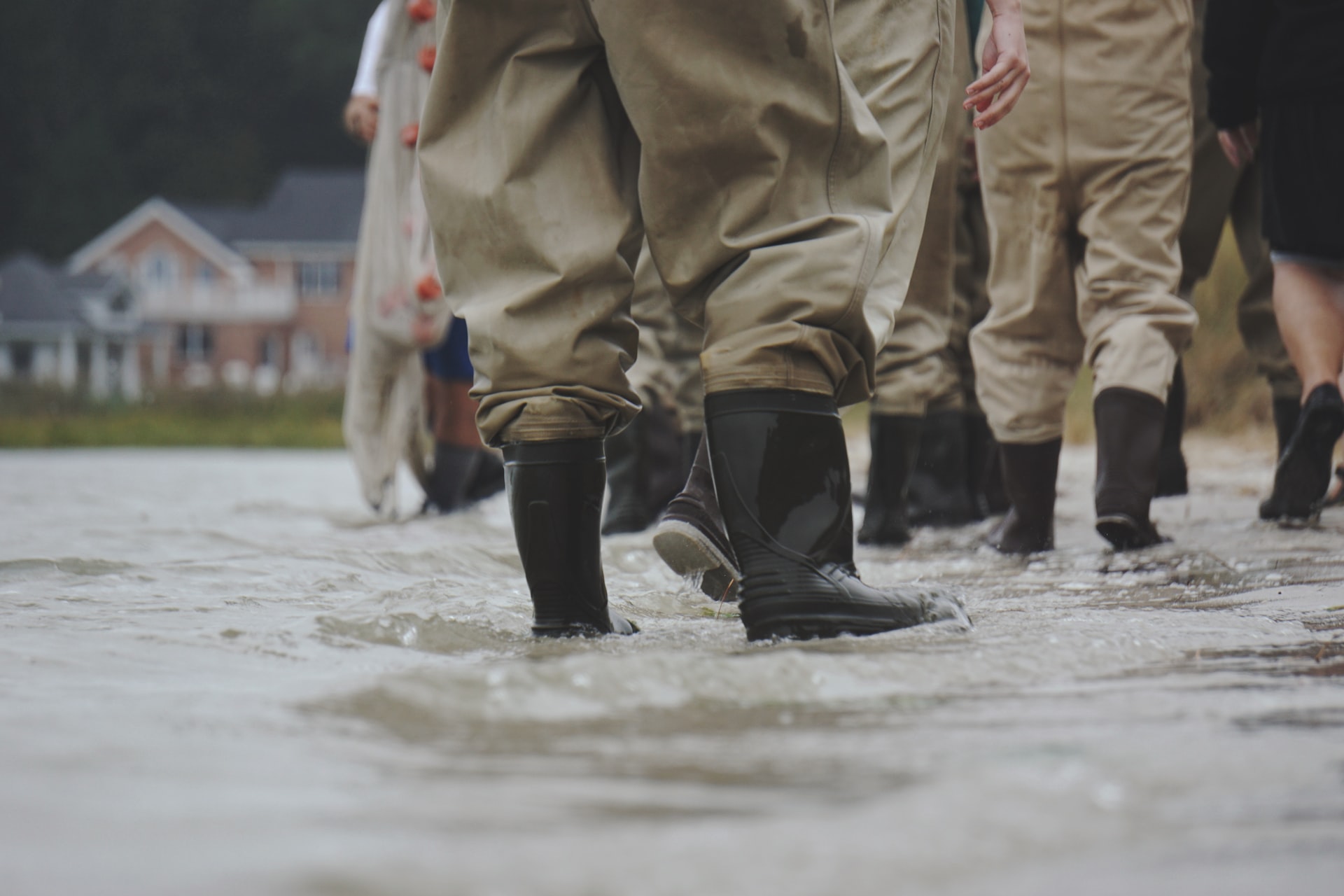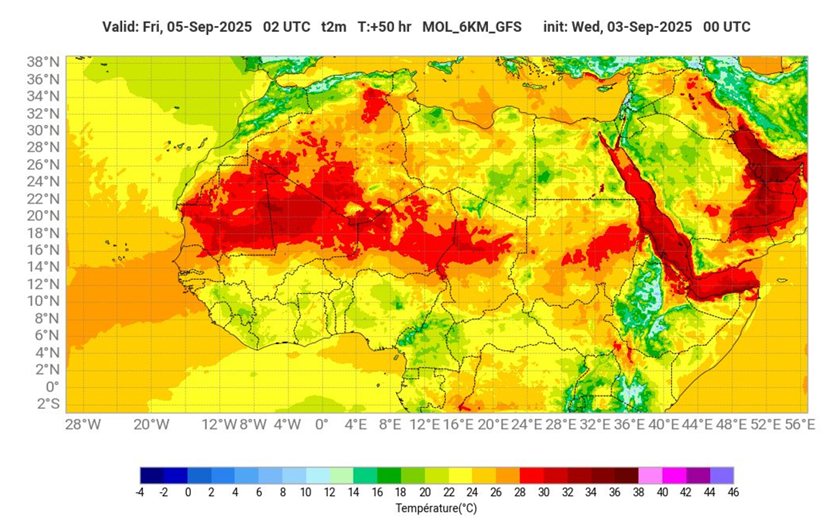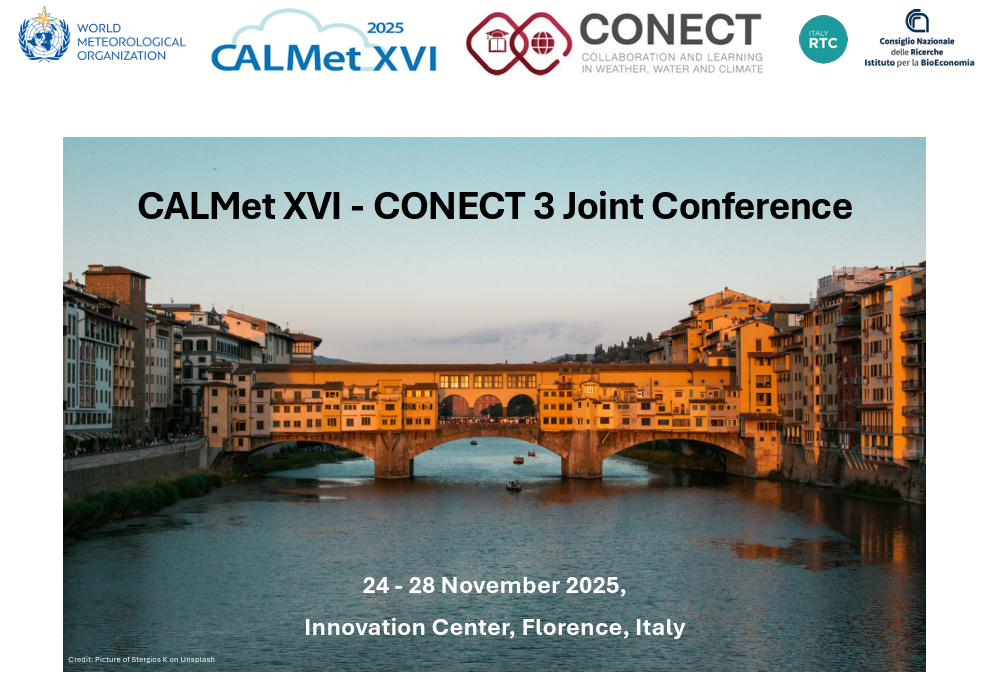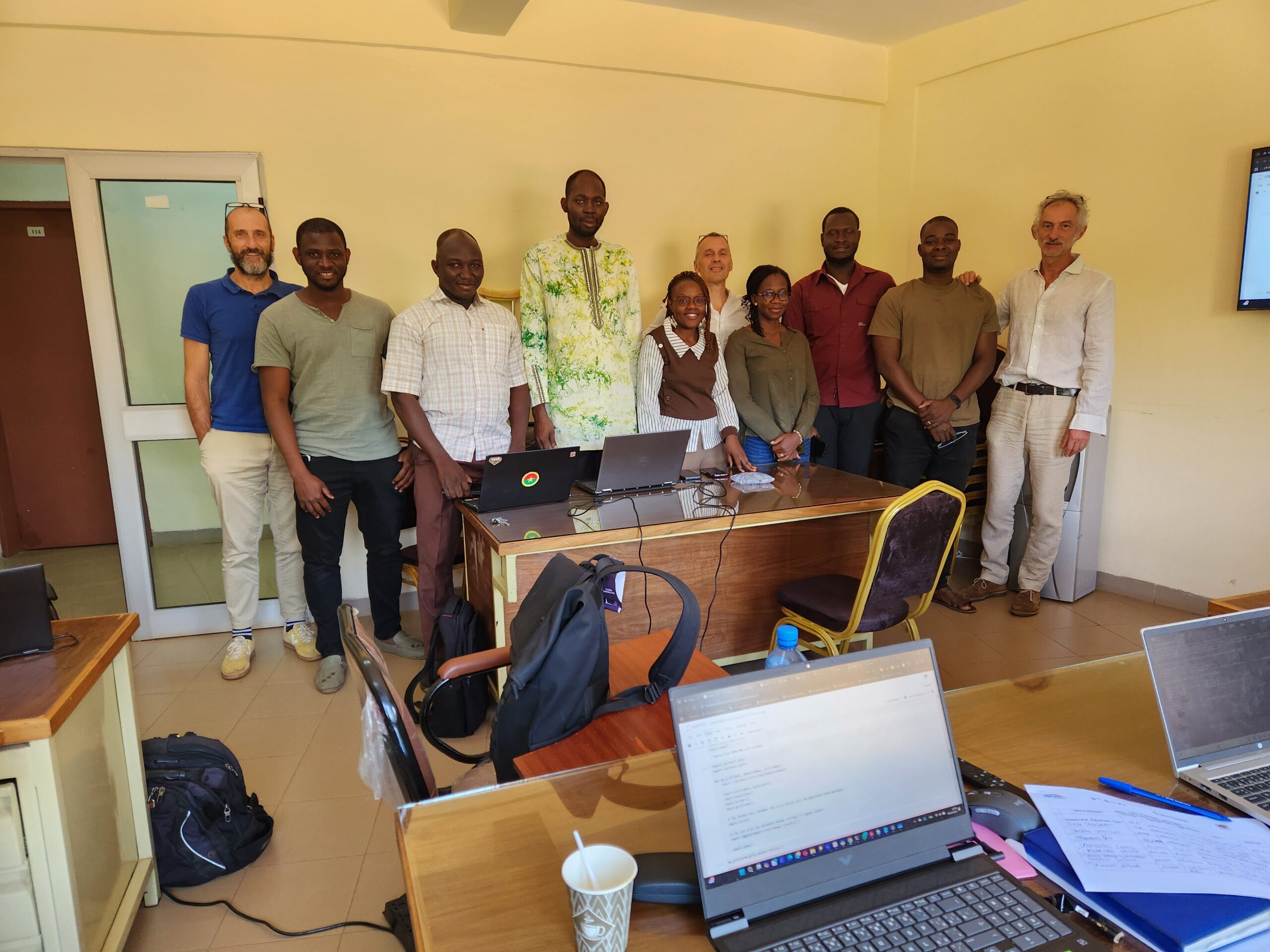An article published in January 2022 by Raju, Boyd, and Otto, begins with an enlightening incipit: “Disasters occur when hazards meet vulnerability”.
According to United Nations (UN) terminology, Risk is the combination of hazard, exposure, and vulnerability. Hence the purpose of risk research and analysis is to reduce the impacts of events and save our lives and societies, modifying one of the three components of risk: hazard, exposure and vulnerability. It is acknowledged that an earthquake in the desert is risk zero. But as a matter of fact, risks mainly occur in a social context and are necessarily connected to people’s activities.
Hence saying disasters occur when hazards meet vulnerability underlines that it is fundamental to develop knowledge and assess risk throughout the disaster life cycle not only as a physical event but also considering its economic and social dimension.
It is nothing new that also risk management studies emphasise the importance of greater integration of disciplines. But it is not a matter of course that researchers from different disciplines compare notes to find ways to cooperate and collaborate operationally. This was the idea that animated the meeting held on 12 December on Flood Risk Assessment and forecasting, organised by CNR-Ibe, where the speakers illustrated and exchanged their approaches, with a special focus on social impact assessment. We hope this seminar represents the first step towards further exchanges and operational ways to integrate the different perspectives that share a common goal: reduce the impact of risks.
The Videos
Keynote Speakers

11:12

29:46

31:26

26:06

37:05

51:07
The Presentations
The Speakers
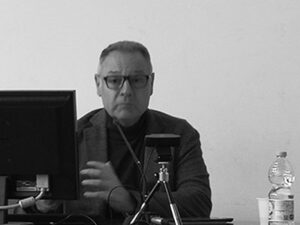
Antonio Aledo
Full Professor at the University of Alicante (UA). PhD in Sociology and MSc in Anthropology (Louisiana State University) with more than 70 articles and book chapters published. He teaches Environmental Sociology and Sociology of Risk at the UA. His line of research focuses on the development of Social Impact Assessment (SIA) methodologies and social vulnerability analysis applied to megaprojects and natural disasters. He investigated the social impacts of megaprojects such as the expansion of the Panama Canal, a set of dams in the upper Paraná River basin (Brazil) and the Baker River (Chilean Patagonia) or mining projects in the Brazilian Amazon. In the field of natural disasters, he is applying SIA to flood and earthquake hazards. He is the director of the Socioeconomic Observatory of Floods and Droughts at the Institute of Water and Environmental Sciences (UA) and collaborator of the Scientific Division of Environmental Management, Science and Technology, University of Sao Paulo.
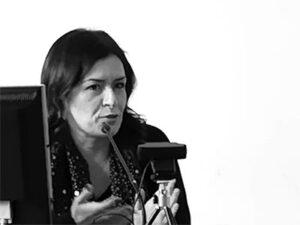
Guadalupe Ortiz
PhD in Sociology at University of Alicante (UA) and a MSc in Environmental Management at University of Valencia. She is an Associate Professor in the Department of Sociology I (University of Alicante), deputy director of the Institute of Water and Environmental Sciences, director of the directs Population, Environment and Development research group and deputy director of the Socioeconomic Observatory of Floods and Droughts. She has chaired the Research Committee 21 of Sociology and Environment of the Spanish Federation of Sociology. She is specialised in Environmental Sociology. Her main line of work focuses on the development of methodological tools for the diagnosis and management of socio-environmental problems,
with a recent interest in the impacts of natural disasters, as well as the application of participatory and transdisciplinary approaches to environmental management.
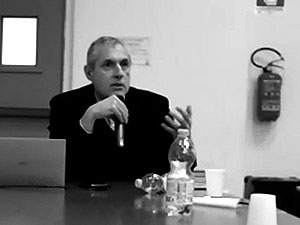
Maurizio Tiepolo
Associate Professor of Urban and Regional Planning at DIST (Dipartimento Interateneo di Scienze, Progetto e Politiche del Territorio) - Politecnico di Torino. He has been studying measures to address flood, drought and warm spell risk in the rural and urban tropics since 2011. He has coordinated several local risk reduction plans. Areas of academic interest are Climate Change Adaptation, Climate Planning, Disaster Risk Reduction, Land policies, Land surface temperature, Land Tenure, Land use/land cover change, Local Development, Regional Planning, Sustainable Development, Urban Planning. He has been scientific responsible of several international projects in Sub-Saharan Africa. His research is interdisciplinary: Agronomy, Geomatics, Hydraulics, Hydrology, and Climatology. The involvement of networks of researchers aims to enrich methods and comparisons. Innovative methods and research findings are then shared through vocational training in Italy and the Global South.
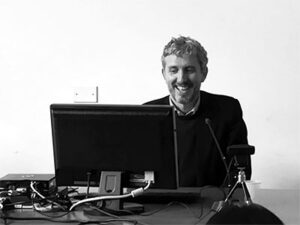
Lauro Rossi
Environmental Engineer with more than 20 years of relevant experience in Disaster Risk Reduction at national and international level, with special focus on flood risk assessment and Early Warning System (EWS). As EWS Program Director, he coordinates CIMA Innovation, Development and Implementation of Early Warning Systems in different contexts and for different hazards (floods, droughts, wildfires). He has a long record of successful implementations of research and operational projects, as well as complex international DRR projects mainly in Africa, Latin America and Caribbean. Consolidated experience in building consensus, partnership and negotiation with governments, UN system and international investment banks for the implementation of projects at regional and country scale. Active participation as invited speaker in international conferences and author of papers in international refereed journals, scientific reports and book chapters.


